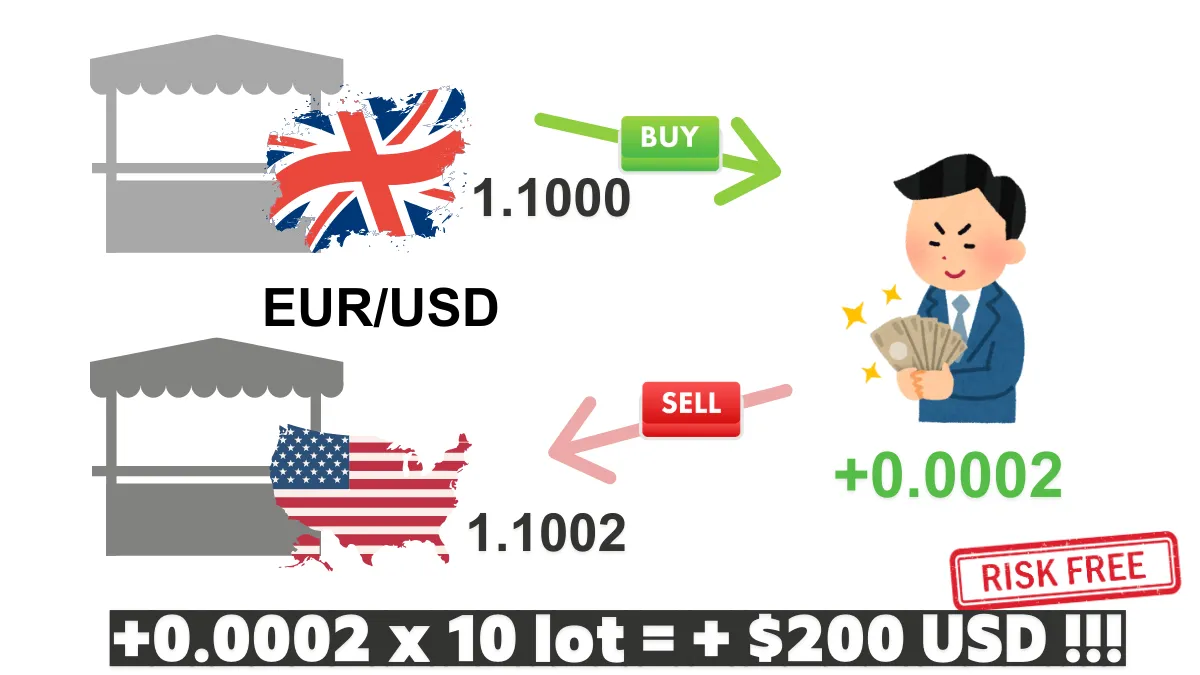Why do Forex traders need a trading plan?
The Forex market is known as one of the most volatile financial markets in the world, with countless traders making significant profits daily due to its rapidly changing prices, but many also suffer losses due to a lack of discipline. A trading plan is an essential tool for any trader looking to succeed in this market. So, why do Forex traders need a trading plan?
1. Reduce emotional interference
In the Forex market, emotions are often the biggest enemy in decision-making. Whether exiting a position early due to fear or increasing position size due to greed, emotional decisions often lead to losses. A trading plan helps traders remain calm during market fluctuations and avoid being influenced by emotions. For example, when the market suddenly moves against them, a pre-planned stop-loss level can prevent traders from making erroneous decisions out of panic.2. Provide clear guidance
A trading plan provides traders with a clear operational framework, defining the entry and exit points for each trade. When market fluctuations occur, traders can act according to the plan rather than arbitrarily adjusting their strategies. This consistency can help traders improve stability and ensure they do not deviate from their initially set strategic goals during long-term market operations.3. Enhance discipline and self-control
Market uncertainty and volatility can exert tremendous pressure on traders' mindsets. Traders without discipline and self-control often make hasty decisions under pressure, which frequently leads to losses. A good trading plan not only helps traders control risk but also provides a disciplined framework to follow. Sticking to the plan can effectively boost traders' confidence and reduce erroneous judgments made due to external factors.4. Control risk and manage capital
Without proper risk control, any successful trading strategy can be ruined by one or two failed trades. A trading plan should clearly define the risk tolerance for each trade, such as setting a maximum loss percentage or the proportion of capital allocated to each trade. Such risk control measures can help traders avoid a single trade having too great an impact on their overall capital.Similarly, capital management is also an important part of a trading plan. It ensures that traders do not take excessive risks due to momentary market opportunities, thus maintaining stable capital growth. Good capital management strategies can effectively reduce risk and improve the stability of long-term profits.
5. Help evaluate and optimize strategies
A trading plan is not just an operational guide; it is also a tool for reviewing and optimizing trading strategies. By keeping detailed records of each trade, traders can analyze which strategies are effective and which need adjustment. This helps traders continuously improve over the long term and find strategies that better adapt to market changes. This ongoing improvement process can significantly enhance traders' success rates.6. Establish realistic expectations
In the Forex market, overly high or unrealistic expectations can lead to risky behavior and emotional instability. A trading plan helps traders set realistic goals and expectations, such as monthly profit targets and acceptable maximum loss ranges. This helps avoid overtrading and unnecessary risk-taking, allowing traders to operate within reasonable limits.7. Promote long-term stable profits
The ultimate goal of a trading plan is to help traders achieve stable profits in the market. It ensures that traders have a continuous, executable strategy and can survive in the market over the long term. Traders without a plan are often more easily defeated by short-term market fluctuations, while those with a plan can adjust according to long-term strategies without being affected by temporary market movements.Conclusion
Success in Forex trading is not a matter of luck but is achieved through discipline and adherence to strategy. A trading plan is like a map, guiding traders through the market. Trading without a plan is like driving blind, making it easy to lose direction amid market fluctuations. Therefore, whether you are a novice or an experienced trader, a clear and detailed trading plan is a necessary condition for success.Remember, Forex trading is not just a game of making profits; it is also an art that requires patience and discipline. By formulating and following a trading plan, you will be better equipped to face market challenges and gradually achieve your financial goals.
Hi, we are the Mr.Forex Research Team
Trading requires not just the right mindset, but also useful tools and insights. We focus on global broker reviews, trading system setups (MT4 / MT5, EA, VPS), and practical forex basics. We personally teach you to master the "operating manual" of financial markets, building a professional trading environment from scratch.
If you want to move from theory to practice:
1. Help share this article to let more traders see the truth.
2. Read more articles related to Forex Education.
Trading requires not just the right mindset, but also useful tools and insights. We focus on global broker reviews, trading system setups (MT4 / MT5, EA, VPS), and practical forex basics. We personally teach you to master the "operating manual" of financial markets, building a professional trading environment from scratch.
If you want to move from theory to practice:
1. Help share this article to let more traders see the truth.
2. Read more articles related to Forex Education.





